1/3
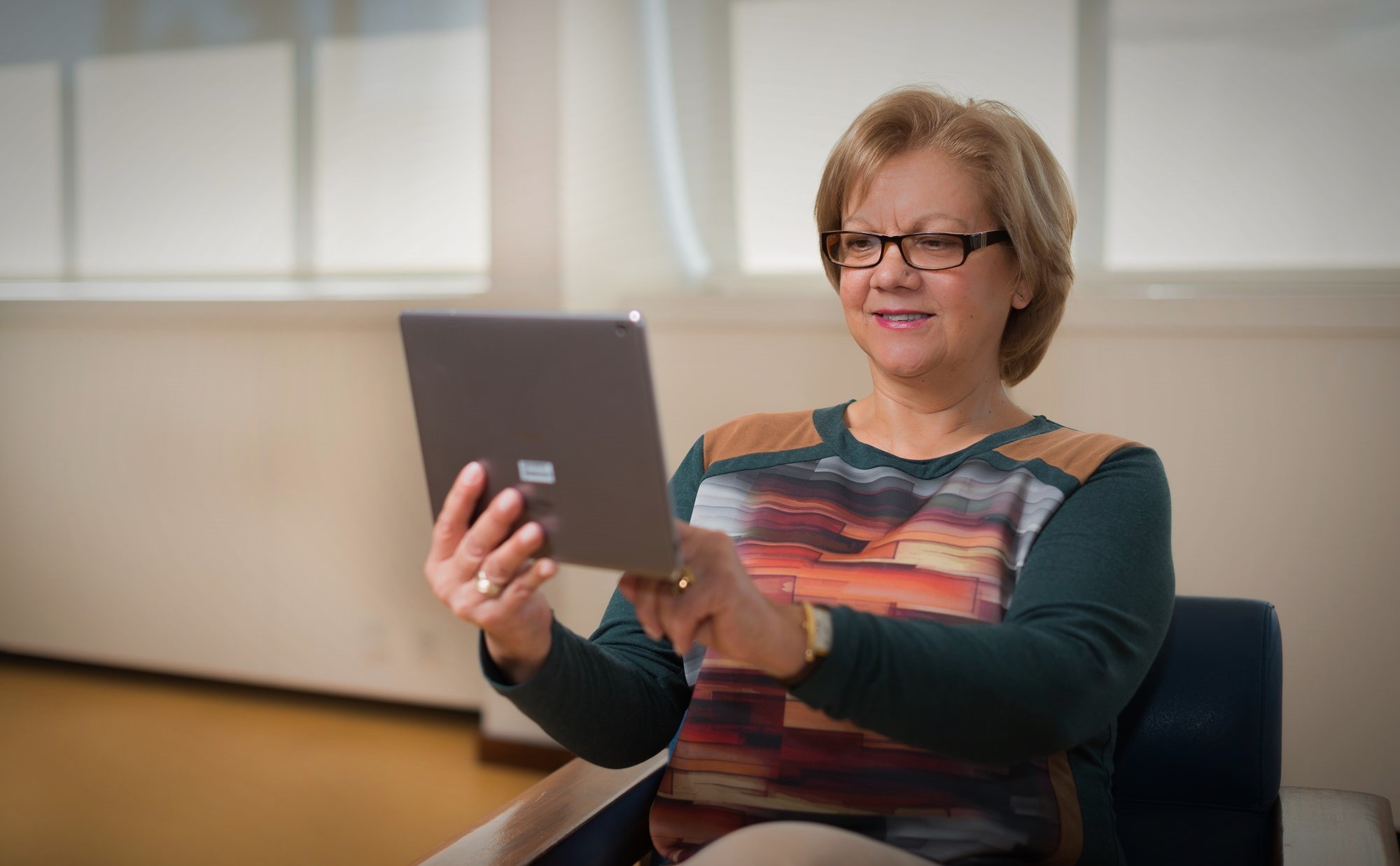
2/3
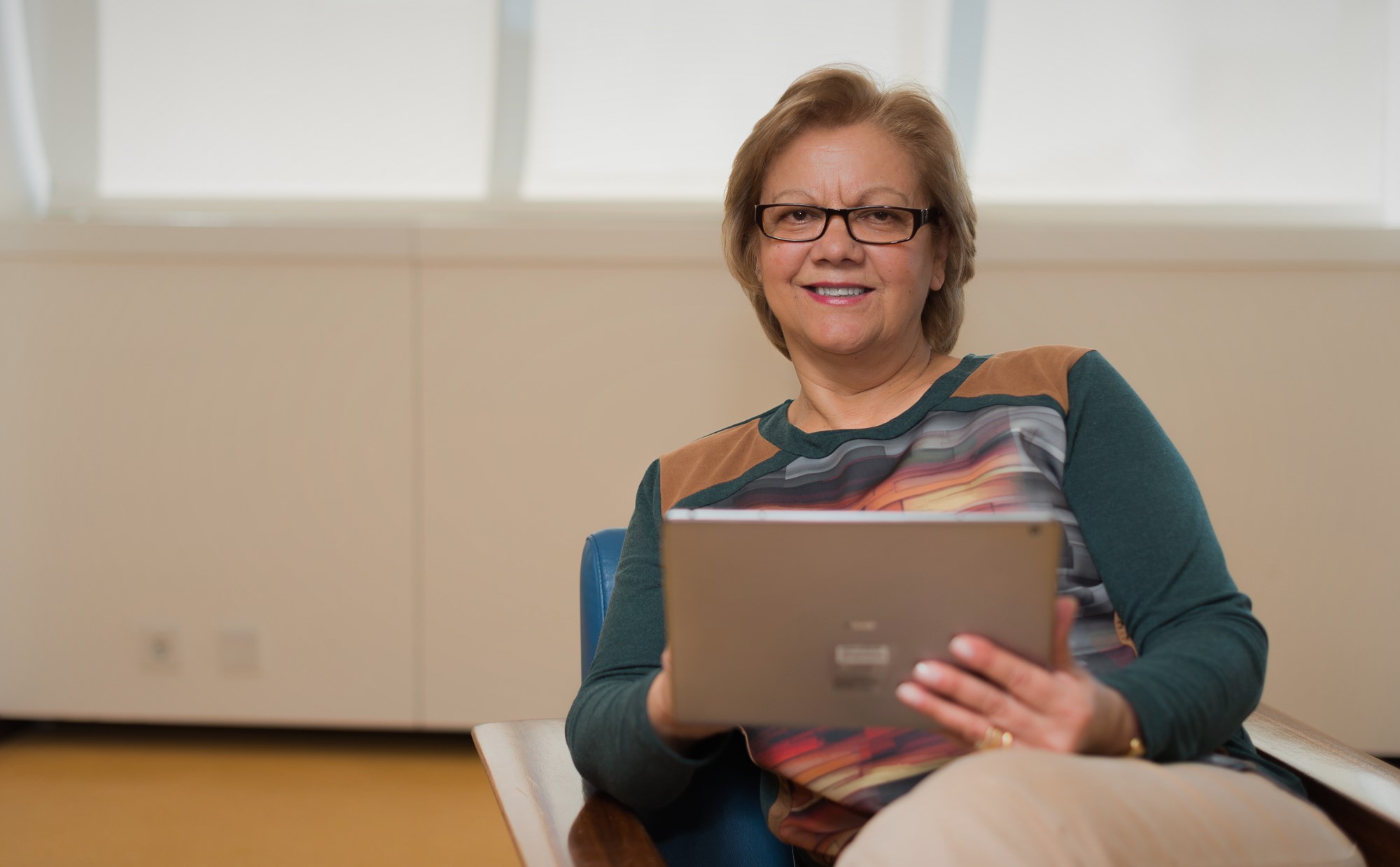
Virtual assistant to facilitate self-care of older people with type 2 diabetes
3/3
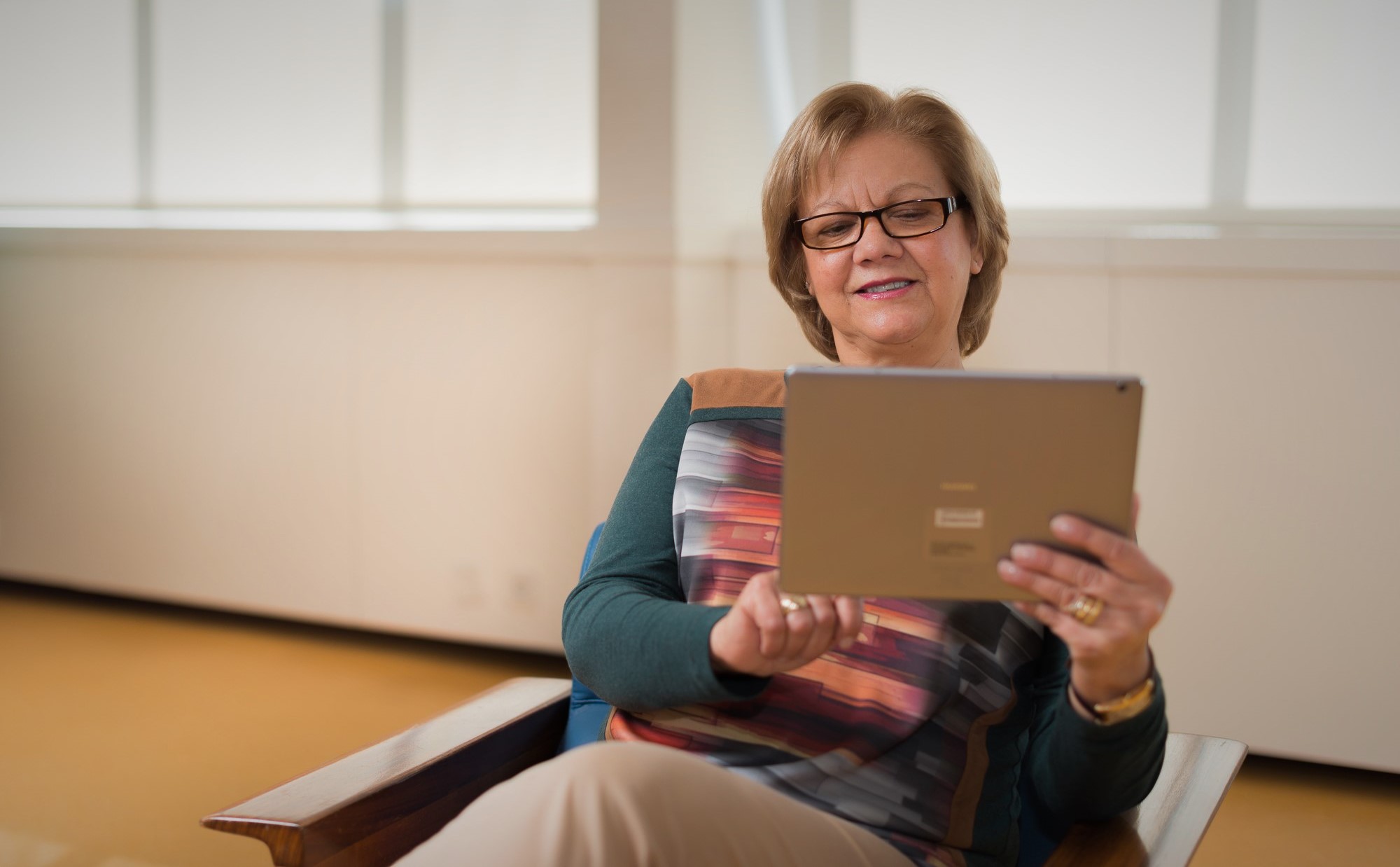
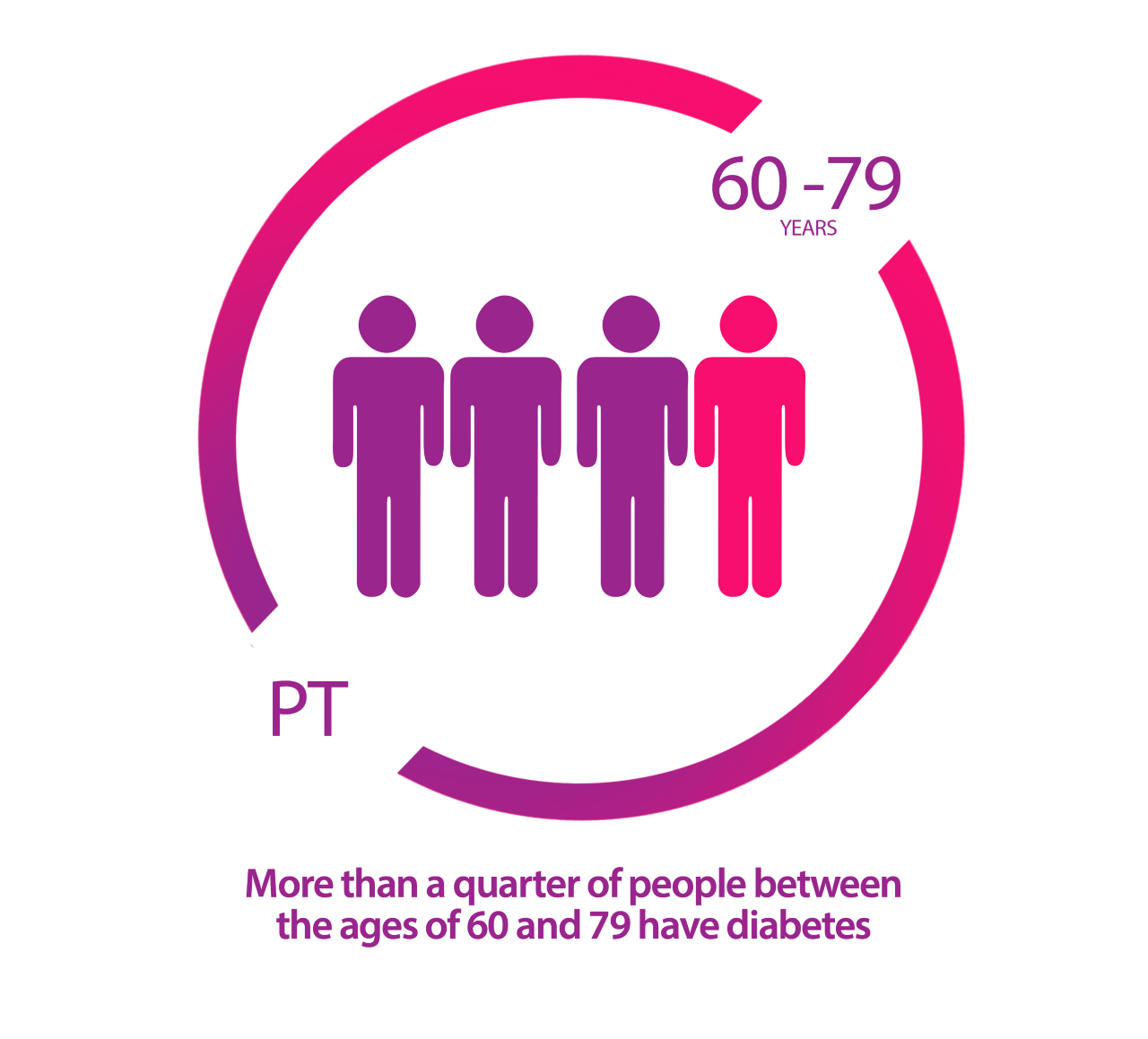
People with diabetes have blood sugar (glucose) levels higher than normal, i.e., hyperglycemia. Type 2 diabetes usually occurs in adulthood and is associated with overweight and lack of physical activity.
Hyperglycemia sustained for weeks and months can cause health complications, such as heart, kidney and eye diseases. People with uncontrolled type 2 diabetes tend to live fewer years.
Controlling high blood sugar in type 2 diabetes is achieved through a balanced diet, regular physical activity and, often, medication use. Diabetes is a chronic illness and therefore treatment is for life.
It is not always easy for people with type 2 diabetes to take care of themselves on a daily basis. It has been shown that less than half of the people type 2 diabetes achieve target levels for blood sugar, frequently because of difficulties in following recommendations about diet, physical activity and medication-taking. It is very important to help these people improving the way they care for themselves.
Several technological interventions have been studied in this respect. These interventions resort for example, to text messages to mobile phones or websites. One of the advantages is that they can be automated, not depending on the availability of healthcare professionals; another advantage is convenience – they can be used anytime and without the need for people to move away from their homes.
VASelfcare aim is to produce a software with a relational agent, in the form of a virtual human, to help older people with type 2 diabetes follow their treatment plans.
Using a tablet computer, these people can get information and advice from the relational agent to better control their disease. In other countries, similar solutions have shown good results to promote health or help controlling other chronic diseases, even with older people, less used to using technology.
The research and technological development work of this project is divided into two phases. In the first phase, starting January 2018, the software will be developed, taking into account the opinions of older people with type 2 diabetes, health professionals and other experts, as well as the results of previous research and guidelines for the treatment of type 2 diabetes in the elderly. Usability tests of the software will be performed, followed by potential adjustments. In a second phase the tool will be tested over several months in older people with type 2 diabetes.
We hope to obtain a software prototype that can be matured into a technological solution able to improve control of type 2 diabetes in older people, reducing disease progression and its consequences.

VASelfcare is an initiative of four schools and faculties in the areas of nursing (Escola Superior de Enfermagem de Lisboa), computer science (Faculdade de Ciências Universidade de Lisboa), sports science (Escola Superior de Desporto de Rio Maior, Instituto Politénico de Santarém) and pharmacy (Faculdade de Farmácia Universidade de Lisboa), together with Family Health Units of the Portuguese National Health Service.
The multidisciplinary team encompasses nine researchers, as well as graduate and undergraduate students, with levels of involvement ranging from full-time to a few hour per week. Involving students intends to bring together education, research and technology, fostering entrepreneurship.
The team’s expertise ranges from behavior change theory and behaviour change techniques, clinical communication, medication adherence, physical activity in special populations, computer graphics and artificial intelligence to the development of complex interventions to improve health in older people.
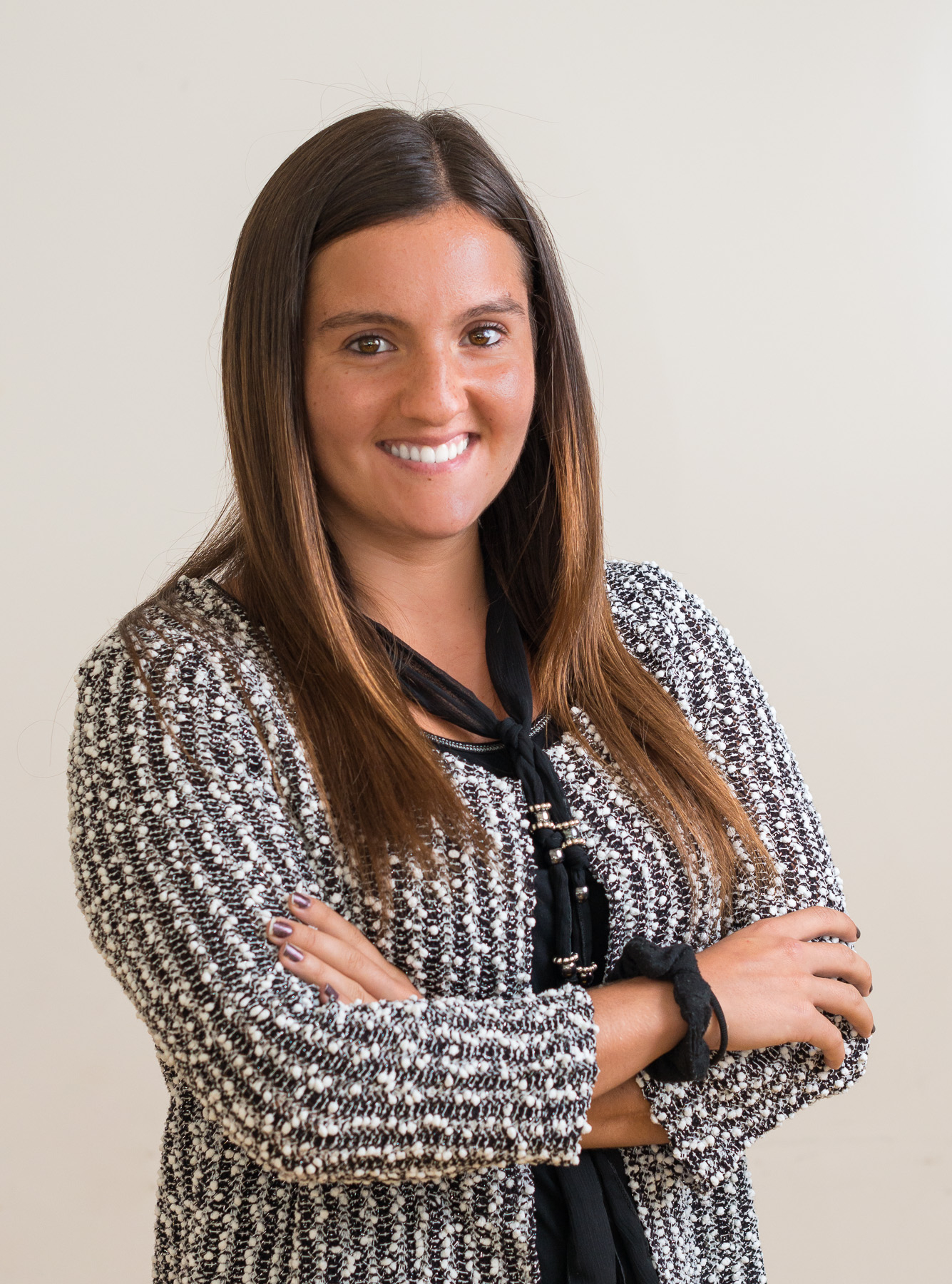
Fellowship
BioISI - FCUL